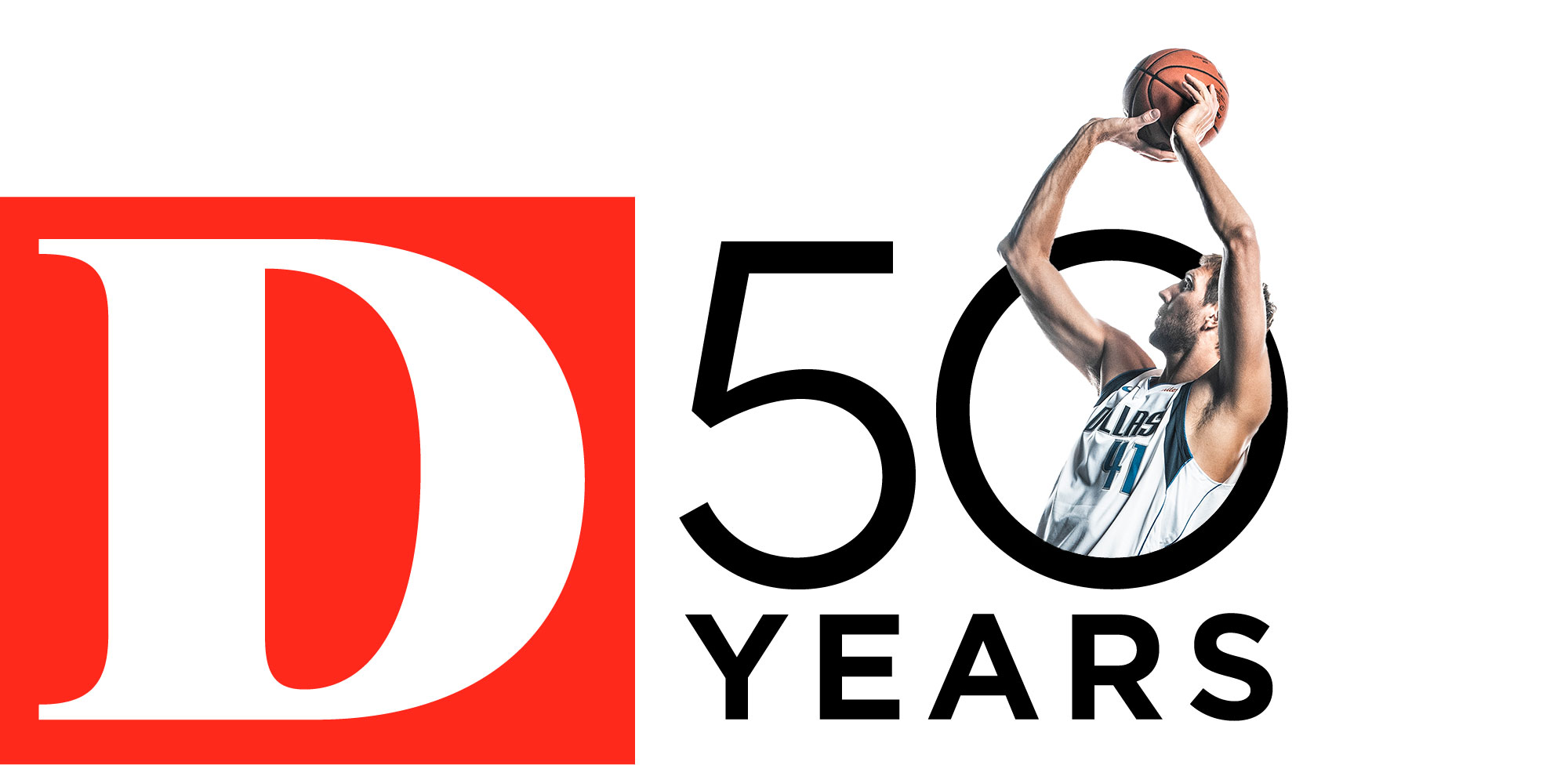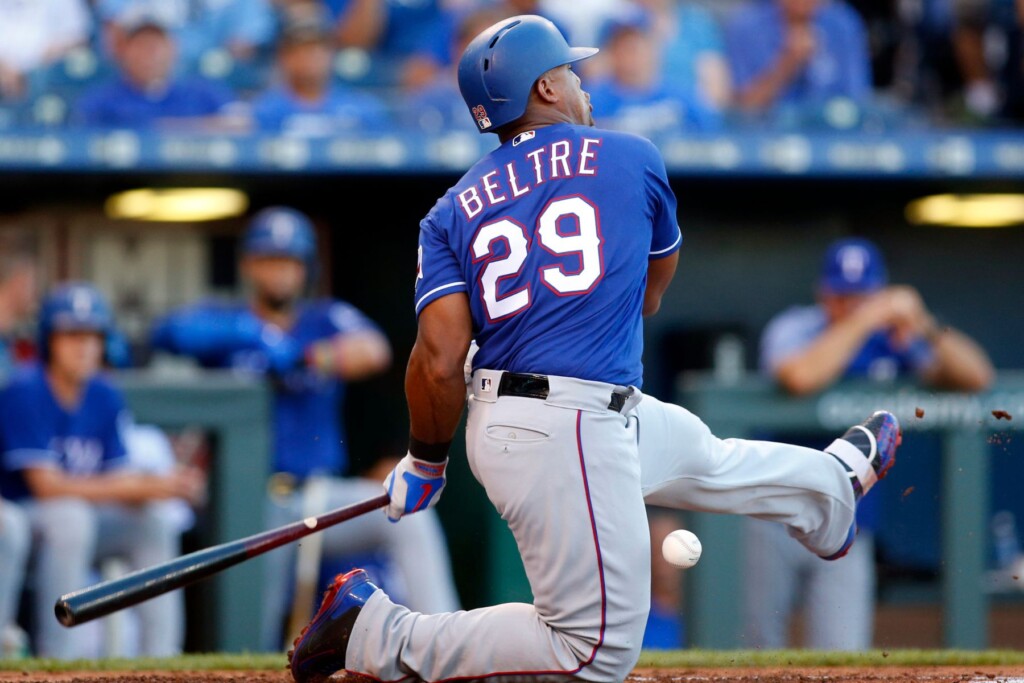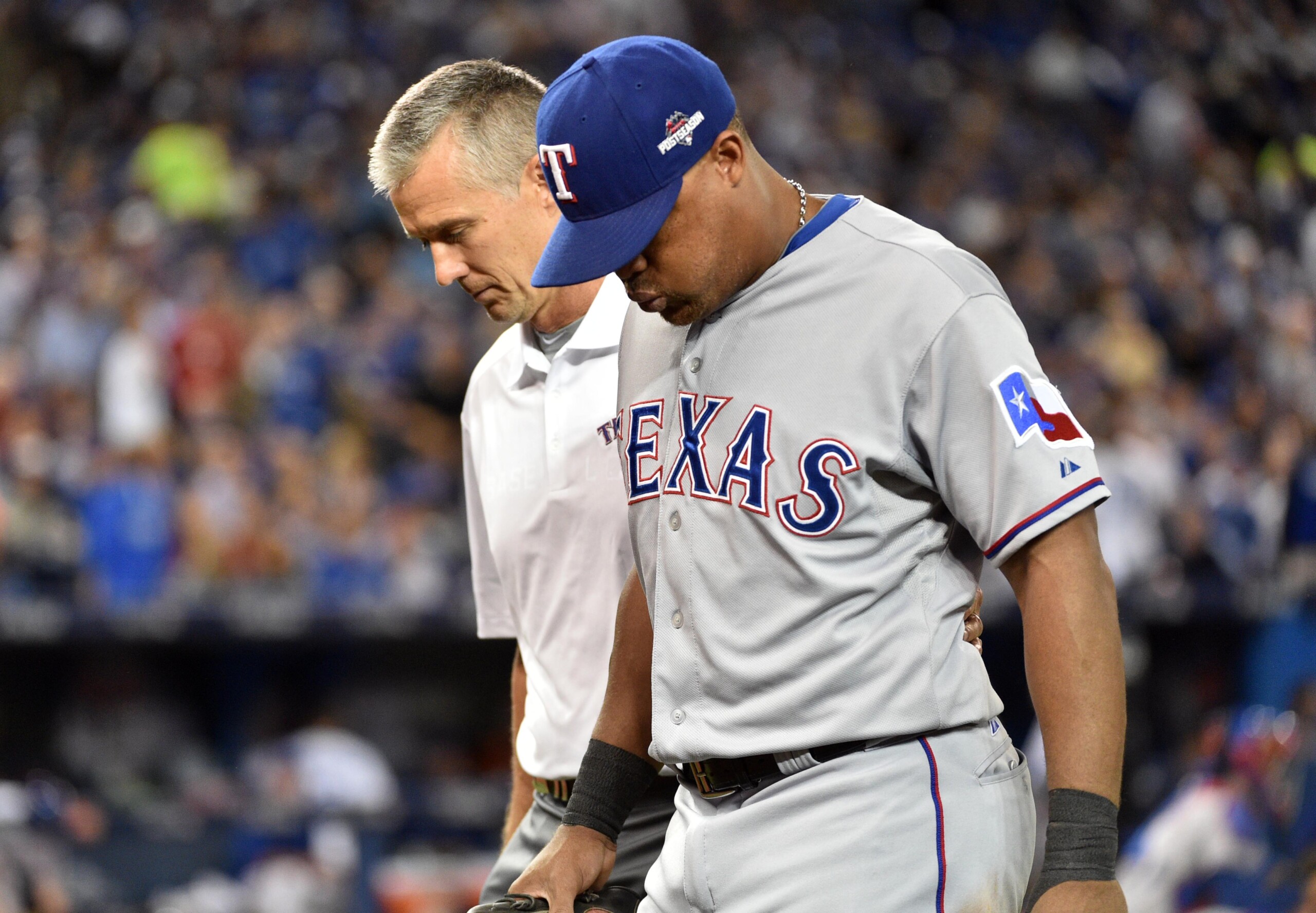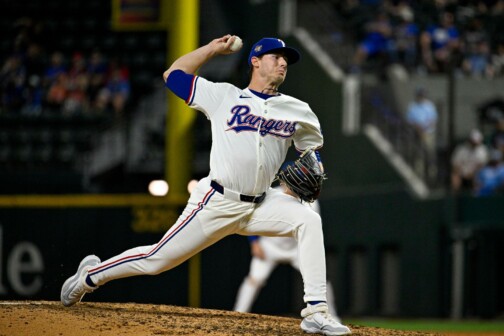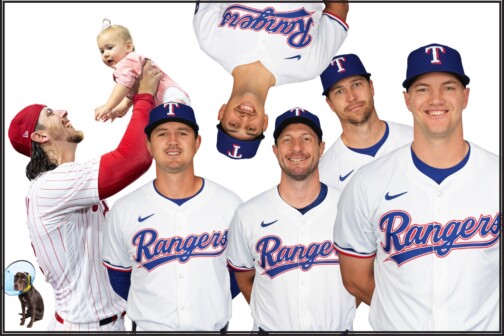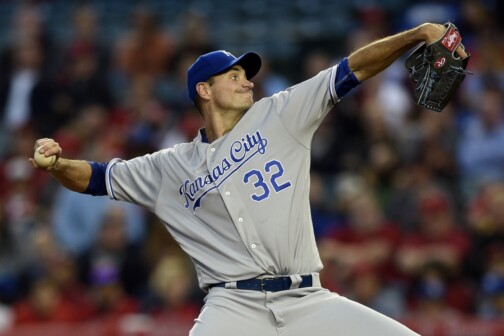Of all the rock-solid certainties that marked Adrian Beltre’s Texas Rangers run, those glorious eight years that capped off his 21-year Major League career, one lives on: he hasn’t stopped inspiring sports comedy, years after the cameras capturing all the head-touch attempts had turned in other directions and there were no more check swings to self-appeal.
In a story last month for the Telegram & Gazette of Worcester (Massachusetts, not England), Red Sox correspondent Bill Ballou announced he was exercising his vote on this year’s Hall of Fame class by checking the names of only two players: Manny Ramirez and Alex Rodriguez, both of whom he was quick to point out “tested positive for steroids. They are not suspected of PED use. They are proven.”
But wait—that’s not the funny part! (Nor is including the words “Bill Ballou” in the story’s headline, or the fact that he posts on Twitter/X but has fewer than one-third of the followers that my editor has. Mike is a good tweeter. And stop measuring things by social media toeholds, anyway. It’s gauche.)
No, the funny part is this explanation Ballou offered into a Zoom camera, three weeks after his story rolled out and he had time to come up with a defensible stance for the Beltre omission: “He was never that guy that you had to see play … Does it really diminish the Ted Williamses and Henry Aarons if someone like Adrian Beltre is in the Hall of Fame? It does.”
ChatGPT could have come up with 100 better arguments than “Adrian Beltre was never that guy that you had to see play.”
Back to the Williams/Aaron logic for a second: Beltre would tarnish things, Manny and A-Rod would not. Got it.
Ballou can’t even be excused for seemingly ignoring the 20 years Beltre played in the AL and NL West divisions, far from the hallowed ground of the American League East. He not only spent a season with the Red Sox in 2010, Ballou’s 24th year covering that team, but while there also led all of baseball with 49 home runs, made his first All-Star team, and earned MVP votes.
It’s hard to fathom being a reporter or a fan and coming away after a full year of watching Adrian Beltre play the game in your backyard thinking he was “never that guy that you had to see play.”
If numbers were all that counted—they’re clearly not the Ballou metric—Beltre would be an obvious enshrinee. The only other players with 3,000 base hits, 450 home runs, and five career Gold Gloves are Willie Mays (first ballot), Dave Winfield (first ballot), and Carl Yastrzemski (first ballot). Only 10 players racked up more than his 636 doubles. Only 24 totaled more than his 1,707 RBI, and only a few of those two dozen could argue with a straight face they were as dominant with the glove.And to be fair to Ballou, maybe he stopped watching Beltre after his one year in Boston. That’s when he joined the Rangers at age 31—even though they would have rather signed Cliff Lee, and even though Beltre’s own preference was to join the Angels. That was when his career took flight on a Hall of Fame trajectory that confirmed its course Tuesday night, in spite of Ballou’s objection.
Beltre finished in the top 15 of the AL MVP vote in six of his first eight seasons in Texas, placing in the top seven on four occasions. In his 12 seasons with the Dodgers and Mariners, he hit .270 with an OPS of .778 while averaging 3.7 Wins Above Replacement. As a Ranger, he upped those marks to .304 and .865 with an average WAR of 5.1.
It was also as a Ranger that Beltre made his October mark. He played in the postseason one time as a Dodger, losing in the first round in 2004. He didn’t crack it at all with Seattle or Boston. But five of his first six Texas teams played past Game 162 (four postseasons and a play-in game). He hit .300 with an .889 OPS in the one World Series of his career in 2011, two weeks after he turned in an epic three-homer performance in a 4-3 win that clinched the ALDS against the Rays.
But that’s not the playoff moment that stands out for me above the rest.
One of the hallmarks of Beltre’s career was an otherworldly capacity for playing through pain. As far as I know, he’s the all-time leader in games played while saddled with a colostomy bag—one, and in a spring training game, at that. If anyone else ever played six innings with a ruptured testicle, I don’t want to know about it.
It was a much more common injury that Beltre toughed out on October 8, 2015, the impossibility of which I suspect far more of us can relate to. Beltre’s back tightened up in the first inning of Game 1 of the ALDS in Toronto while sliding, in an effort to disrupt a double play. He came back up to hit in the third with two outs, Delino DeShields on second, and Texas leading, 1-0. After watching a David Price pitch catch the strike zone, Beltre lined a fastball that came in at 96 mph but left the bat at 103 and two-hopped into center fielder Kevin Pillar’s glove. Pillar could have rolled the ball to first base and ended the inning had he noticed Beltre shuffling out of the batter’s box like he was walking barefoot through a pool of shattered glass on fire. Instead, DeShields narrowly beat Pillar’s throw to the plate, and the Rangers took a 2-0 lead in a game they would win by that same margin.
Two pitches later, the inning was over, and tears blurred Beltre’s eyes. He was ushered off the field by manager, trainer, and teammates, who would push on the rest of that day without him.
And, yes, the impossible arm (and body) angles and the homers-on-a-knee and the on-deck-circle pulls and the feigned pop-up catches and the triple-digit four-seamers rifled to the pitcher to usher in the inning—all of those are Beltre trademarks, too, as much as the nightly artistry on defense that stood nearly singular at his position. He didn’t just put up some of the best offensive numbers a third baseman ever has; he did it and everything else in his game with a flair—both a beauty and a ridiculousness—that almost nobody else can claim.
“Adrian Beltre was never that guy that you had to see play” just lands as the worst possible justification for deciding he doesn’t belong in Cooperstown at the first opportunity.
Granted, if a voter leaving Beltre off his or her ballot is a slight, it’s not an upset. Only Mariano Rivera has busted the Nobody-Shall-Ever-Get-100-Percent-of-the-Vote streak. To say Beltre is more deserving of the Rivera treatment than any other player who has ever suited up would be ludicrous. Still, there are certain players for whom the imagination conjures up a scene in which the old guard gathers to decide who is going to take one for the team and lodge the sacred vote to keep him out. Beltre is one of those players.
He’s going to give a speech on July 21, the earliest possible date. It will be nationally televised and historically warranted: can’t-miss, like every defensive chance and every at-bat was. Like his career was.
Adrian Beltre was, by any reasonable measure, someone you had to see play. Unless you chose not to.
Author

